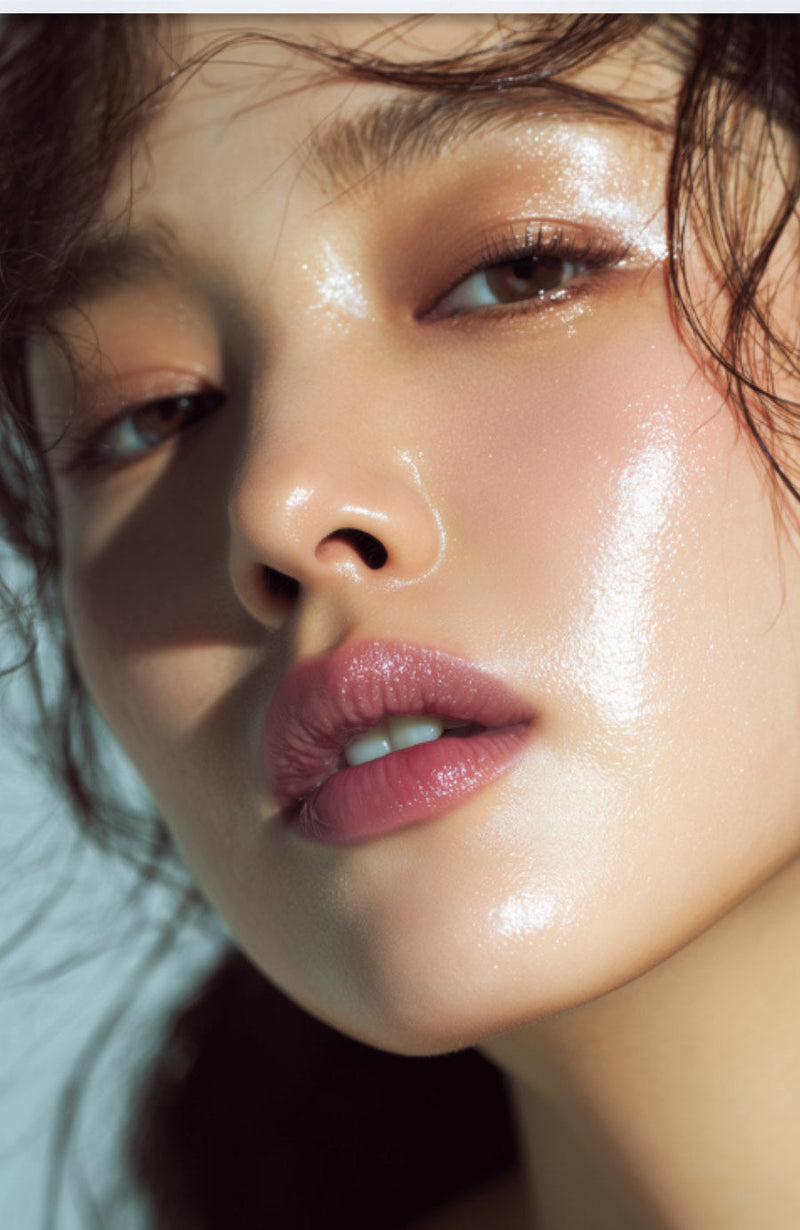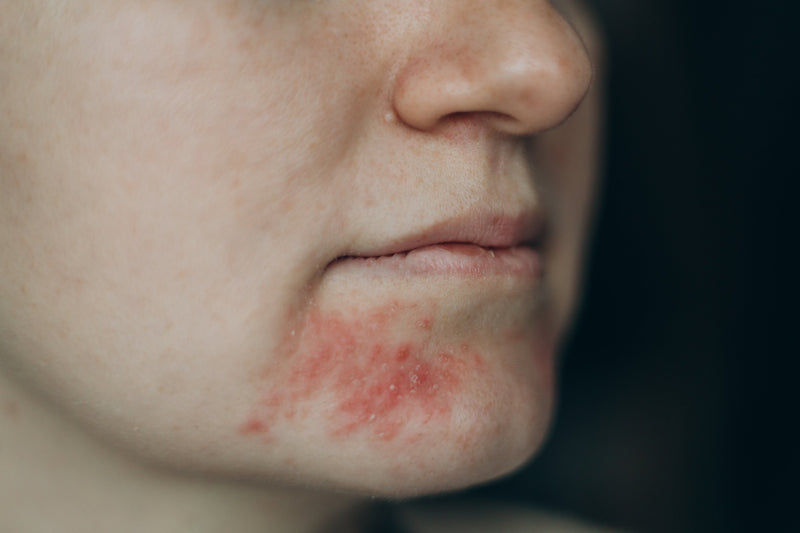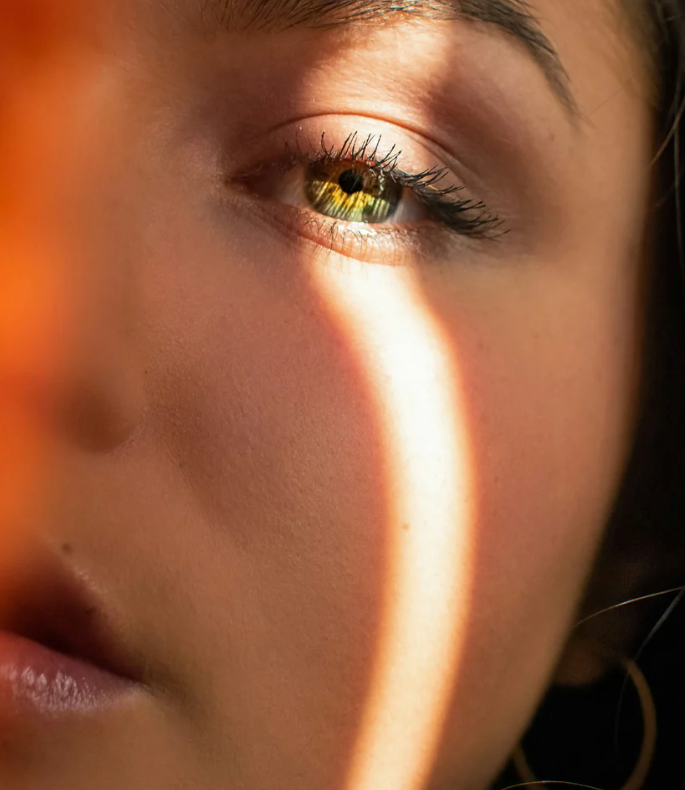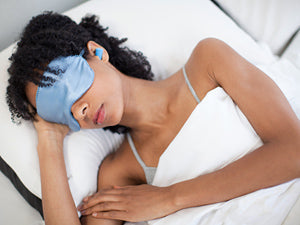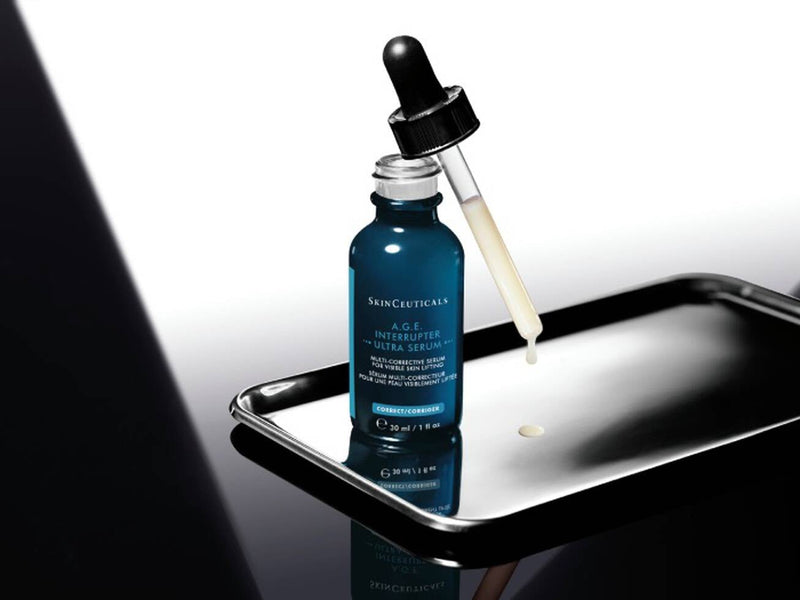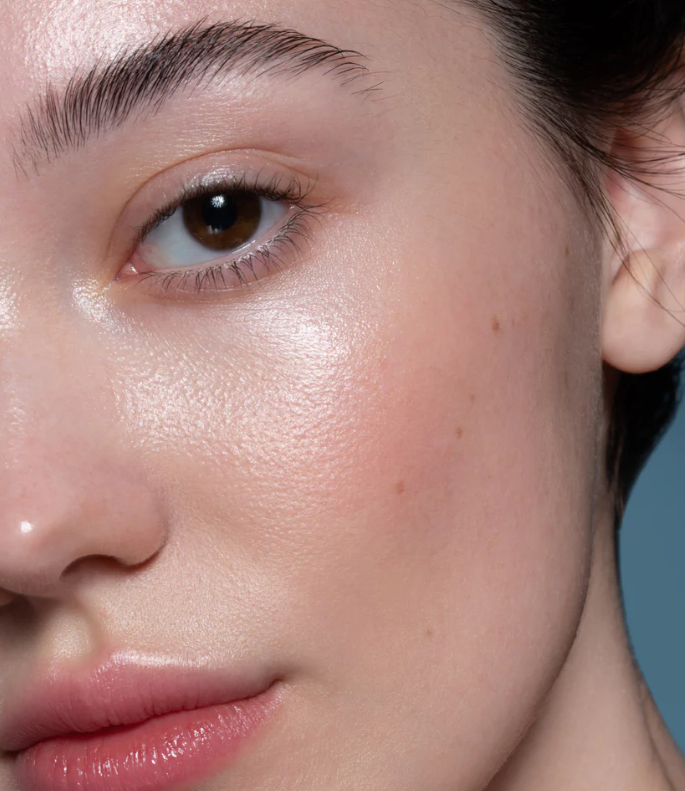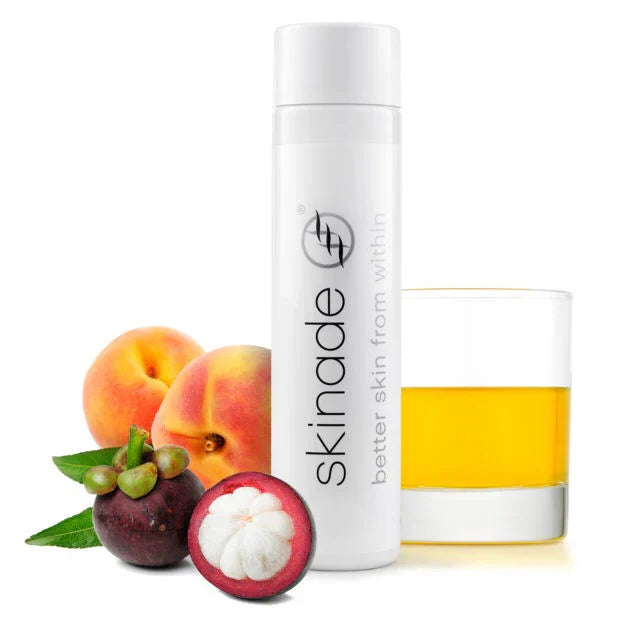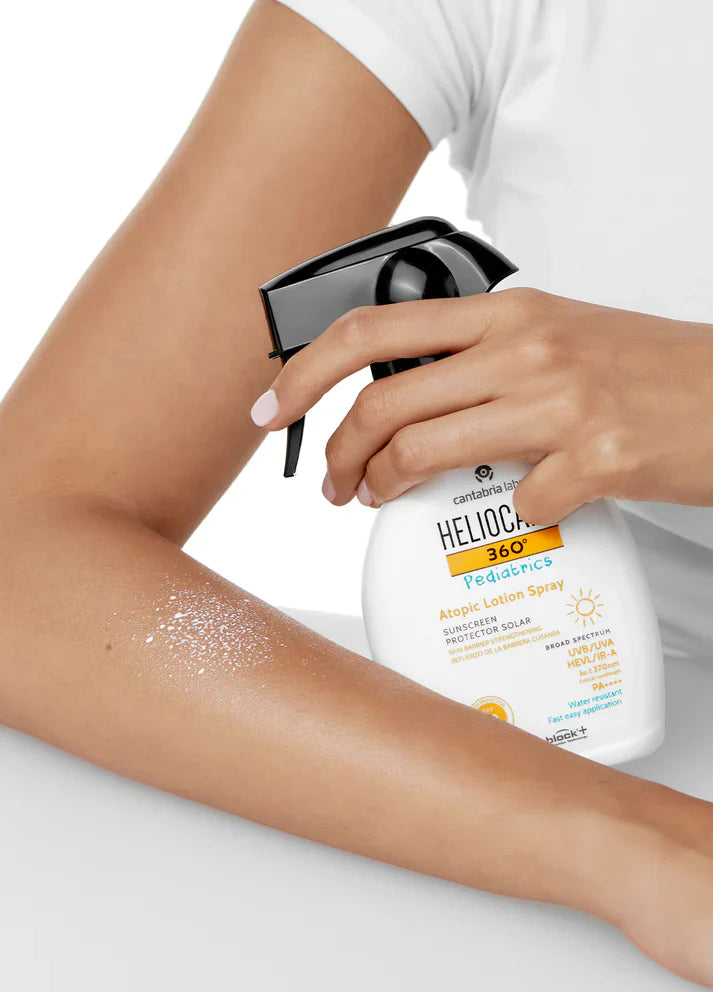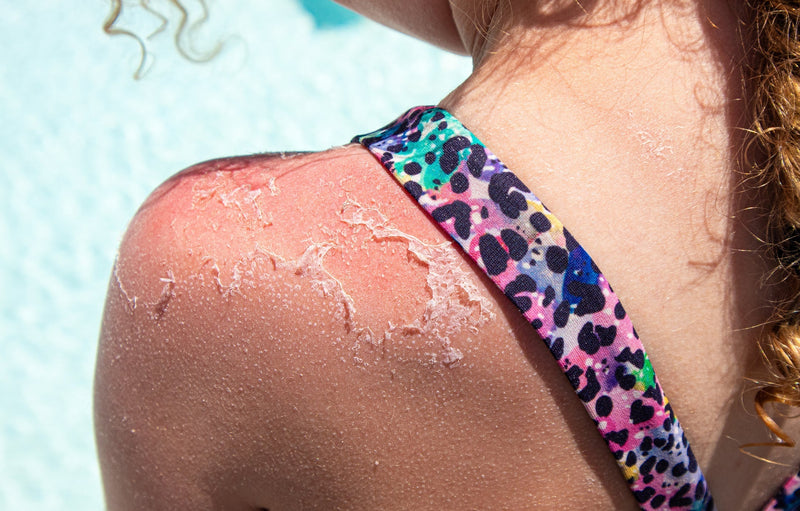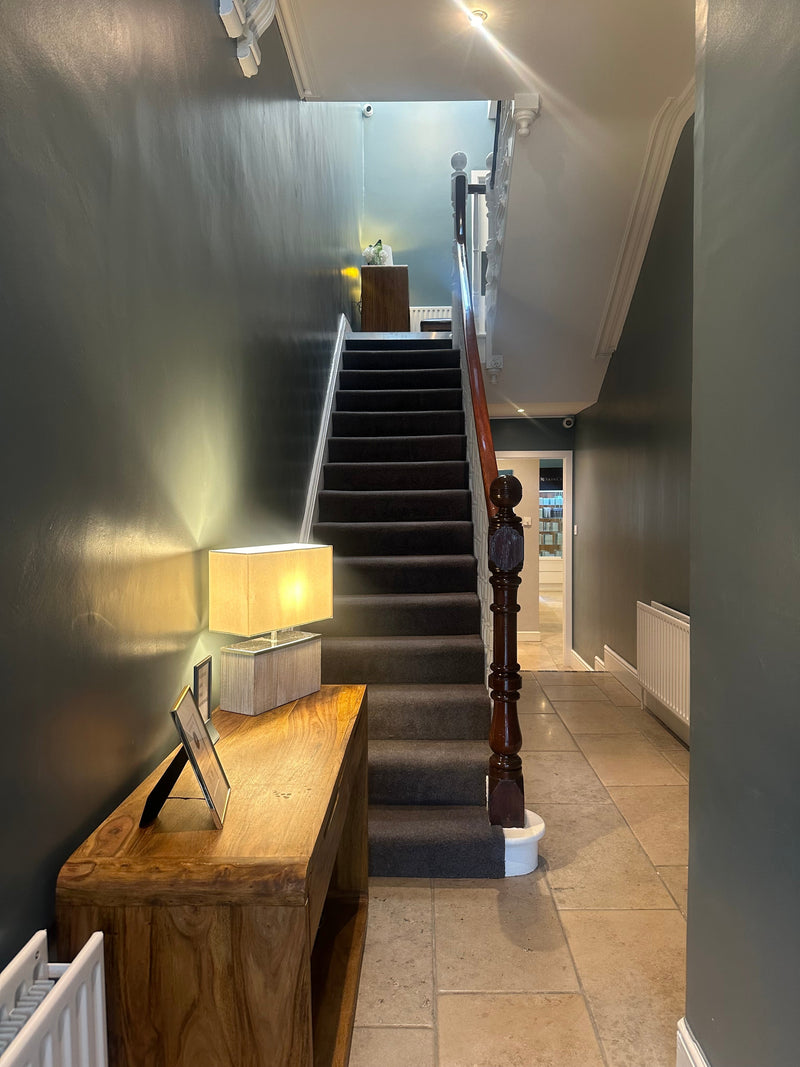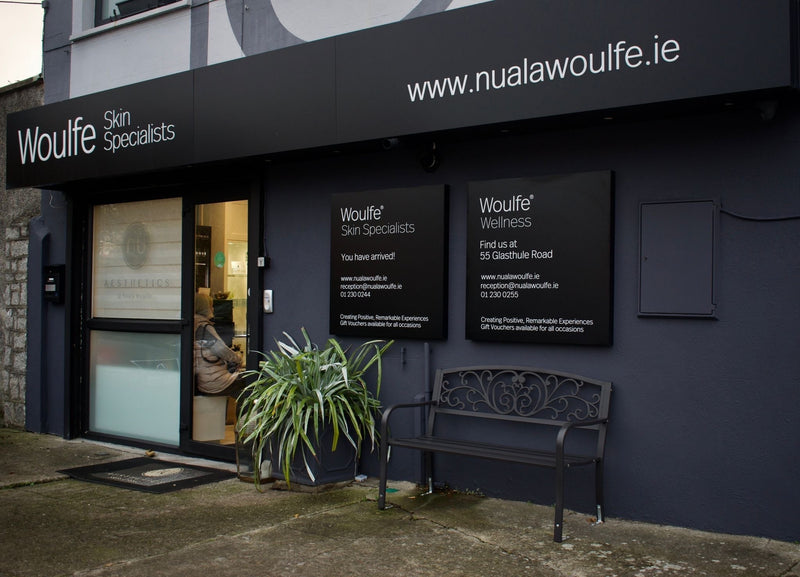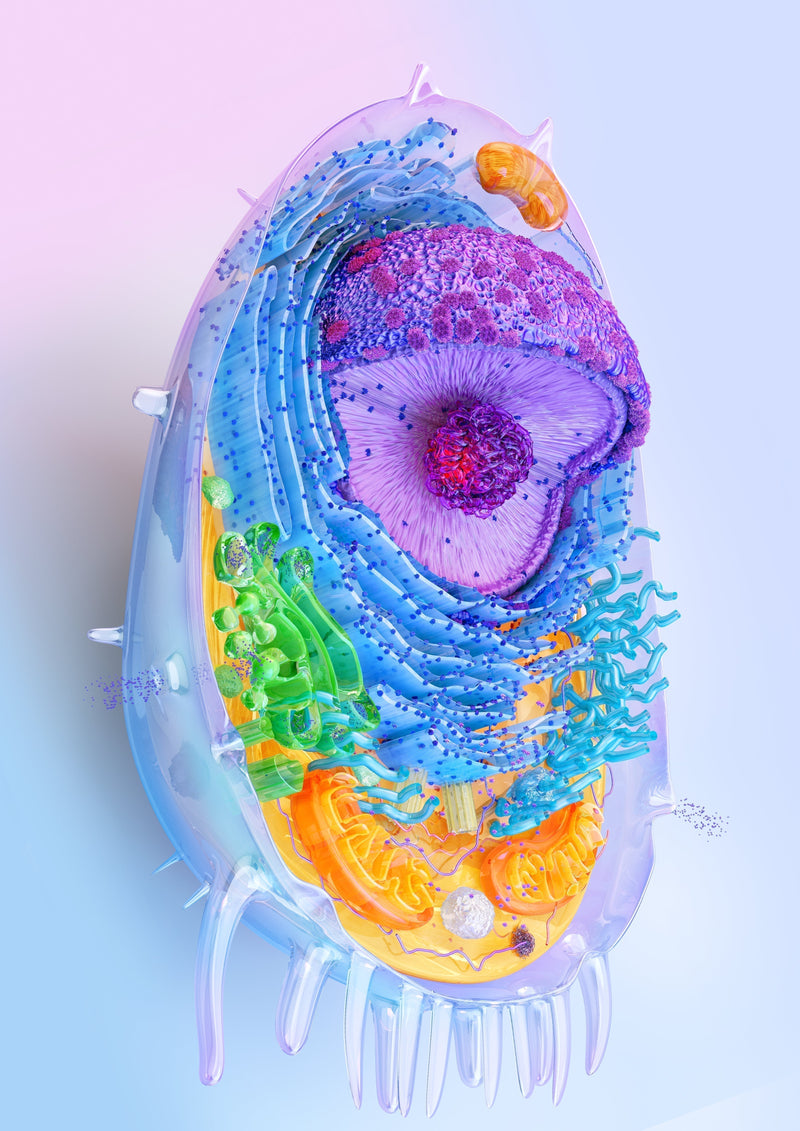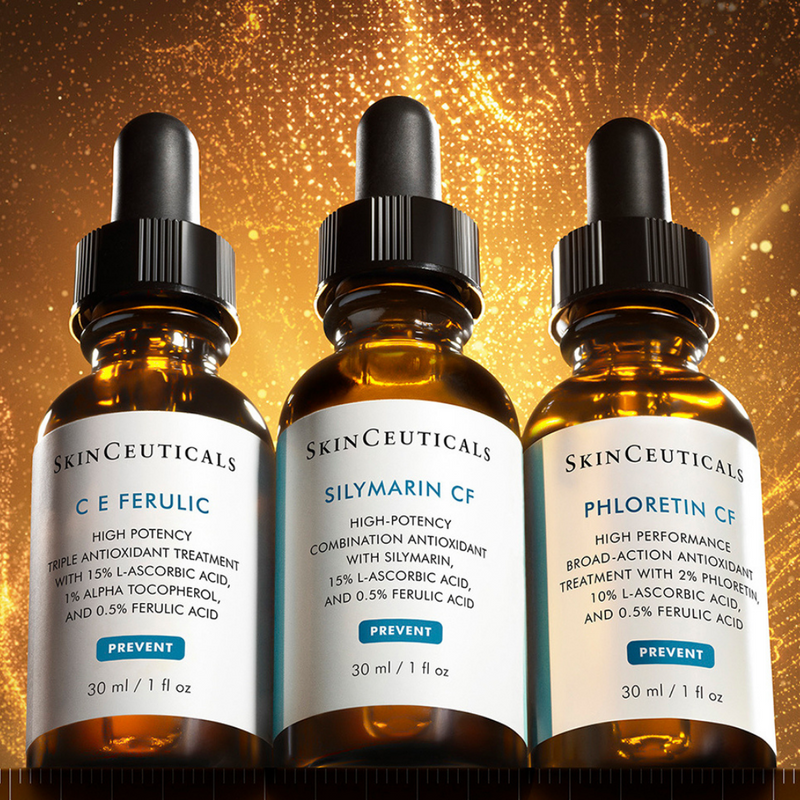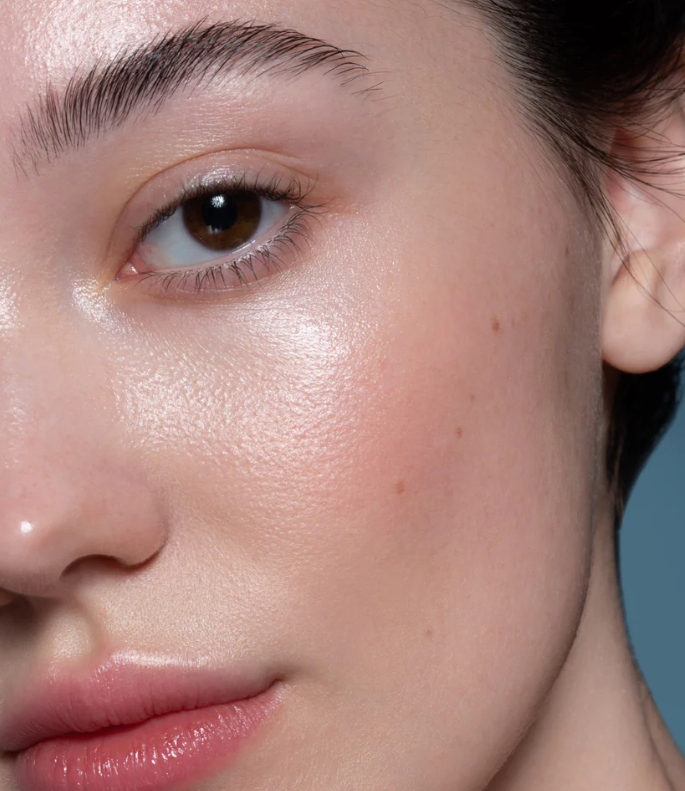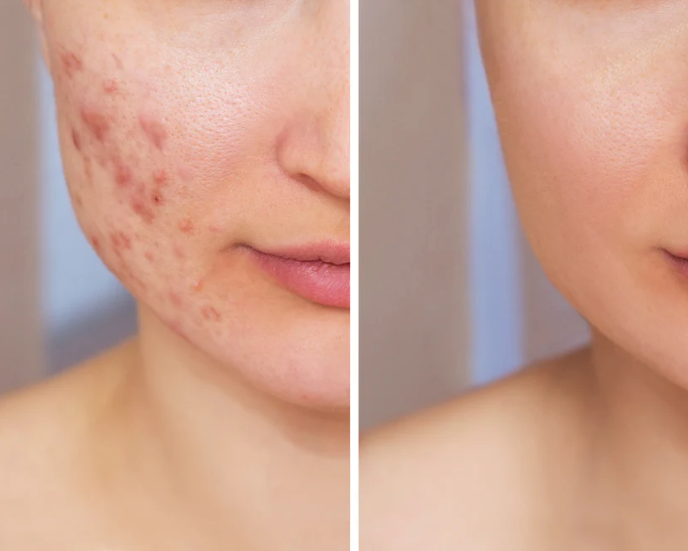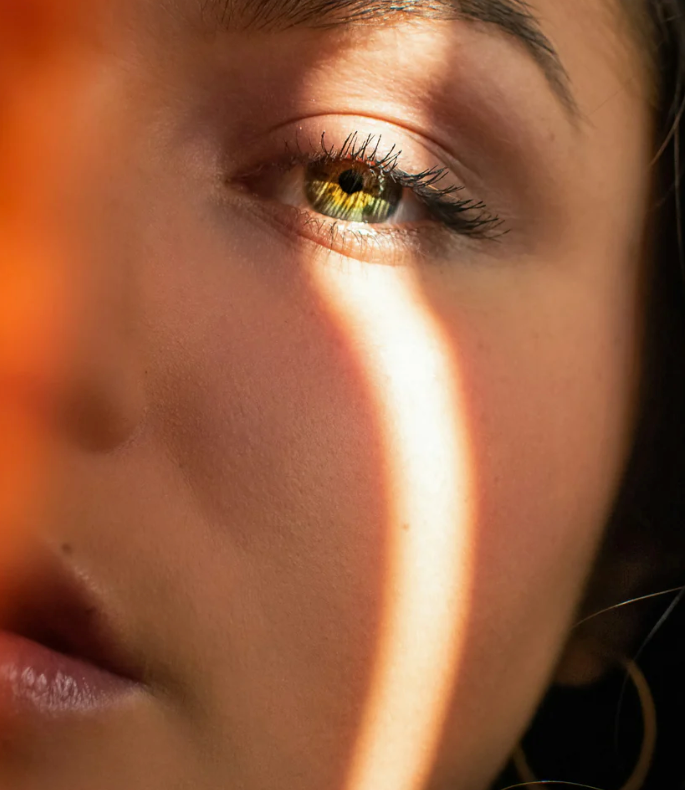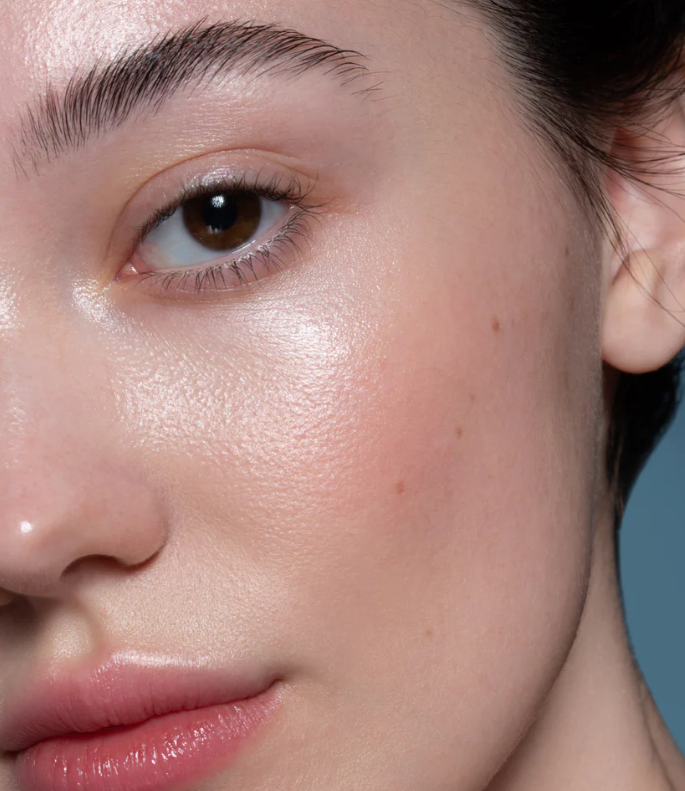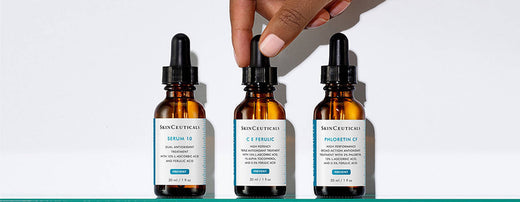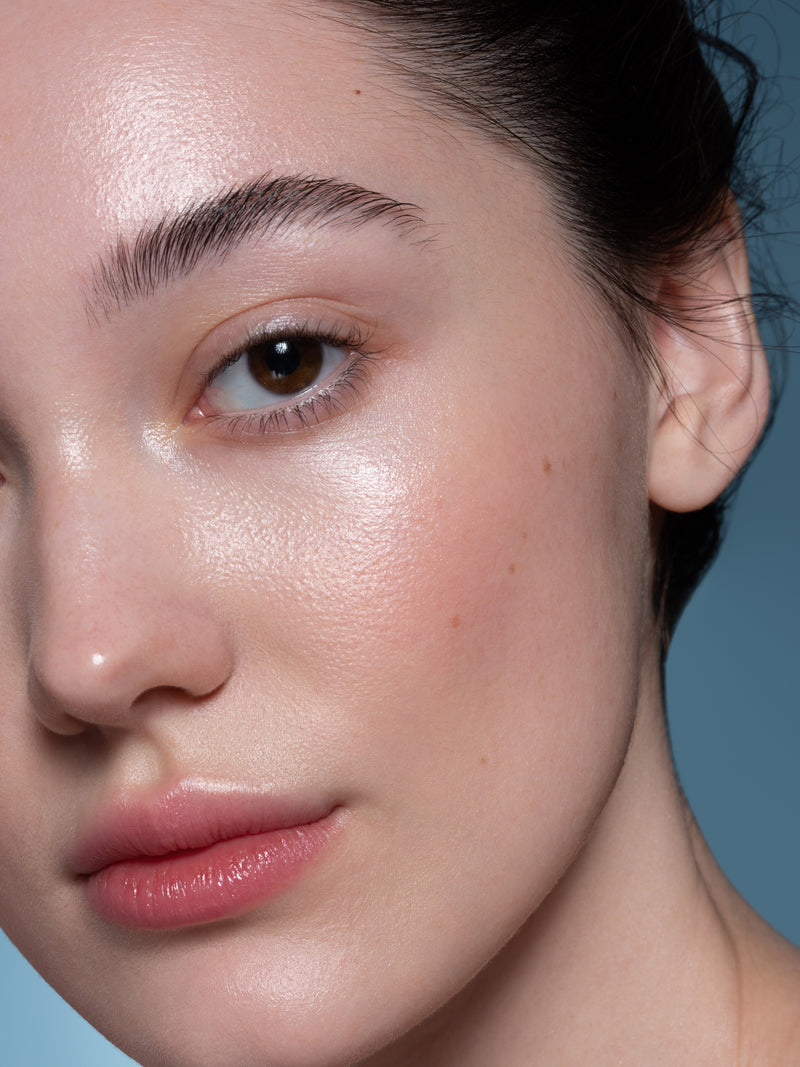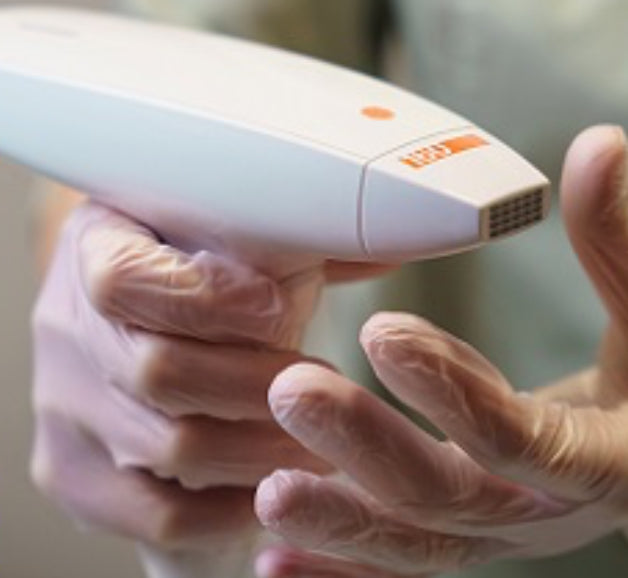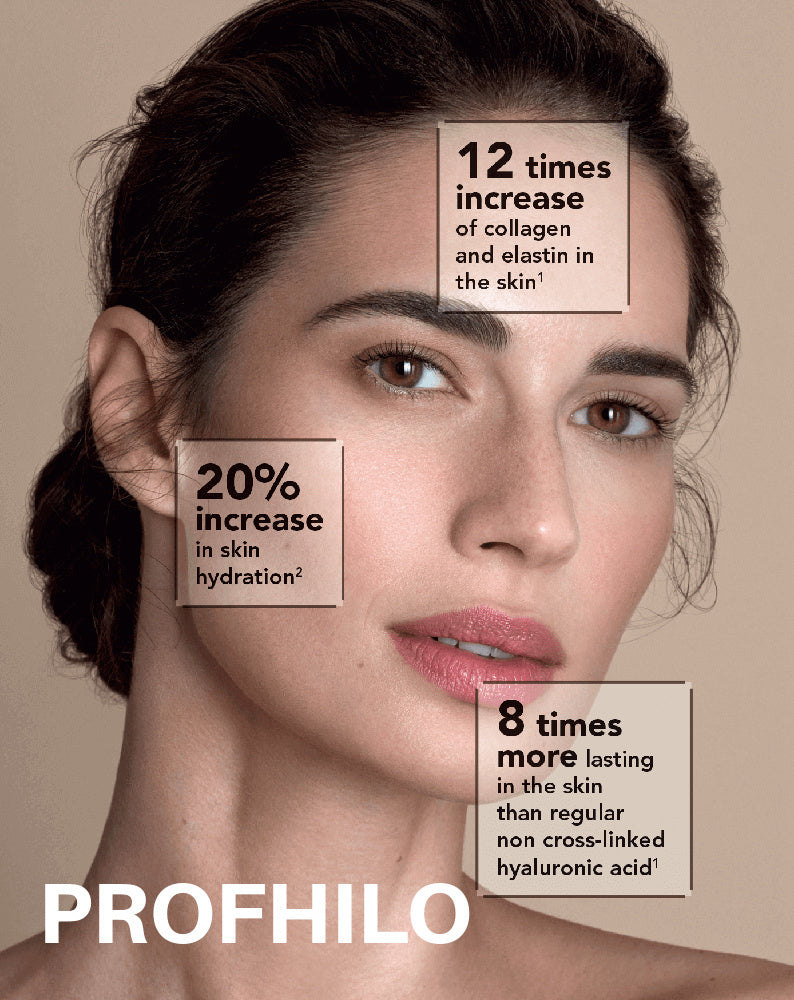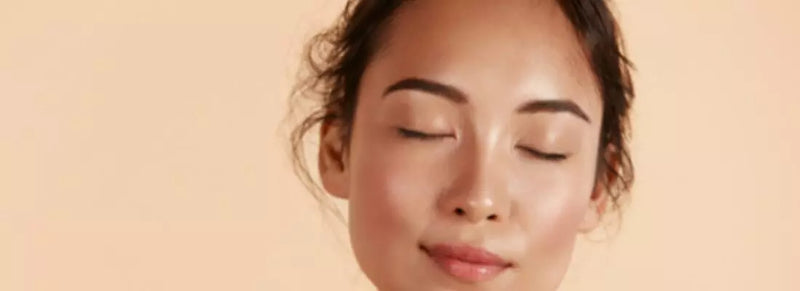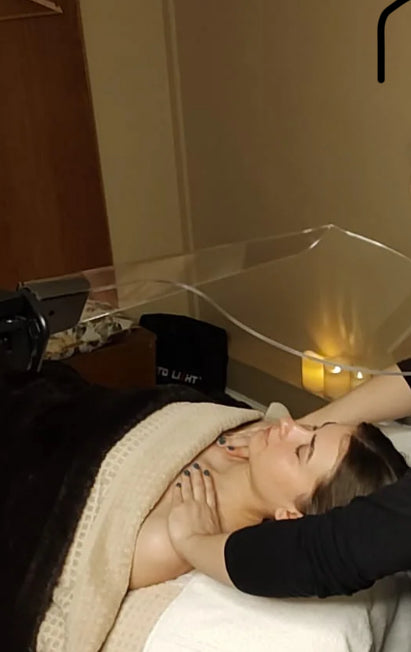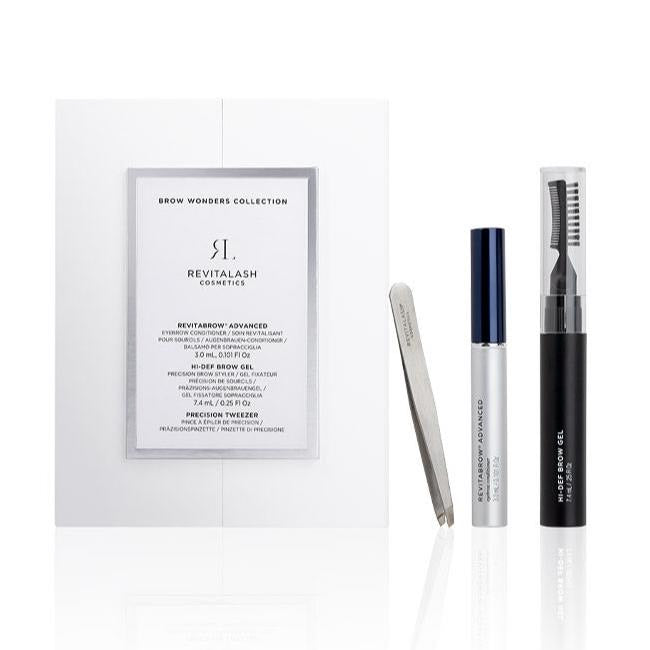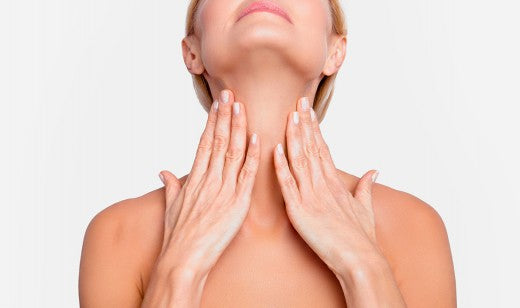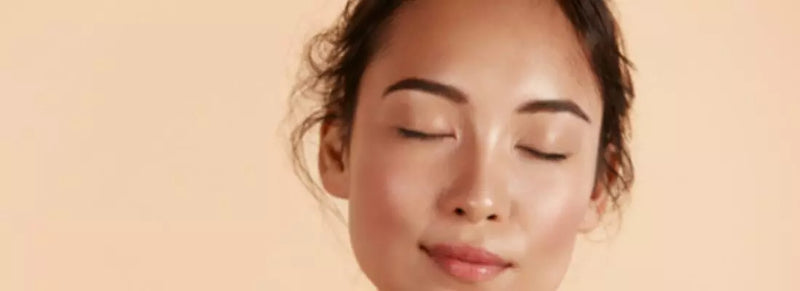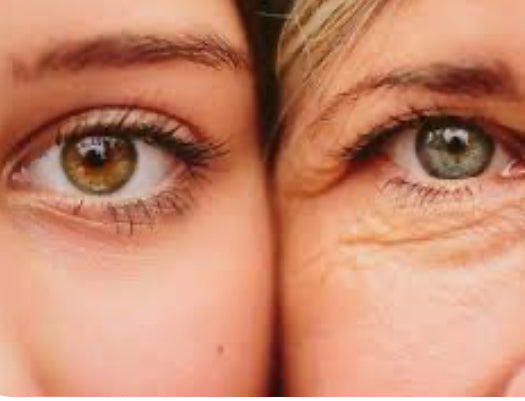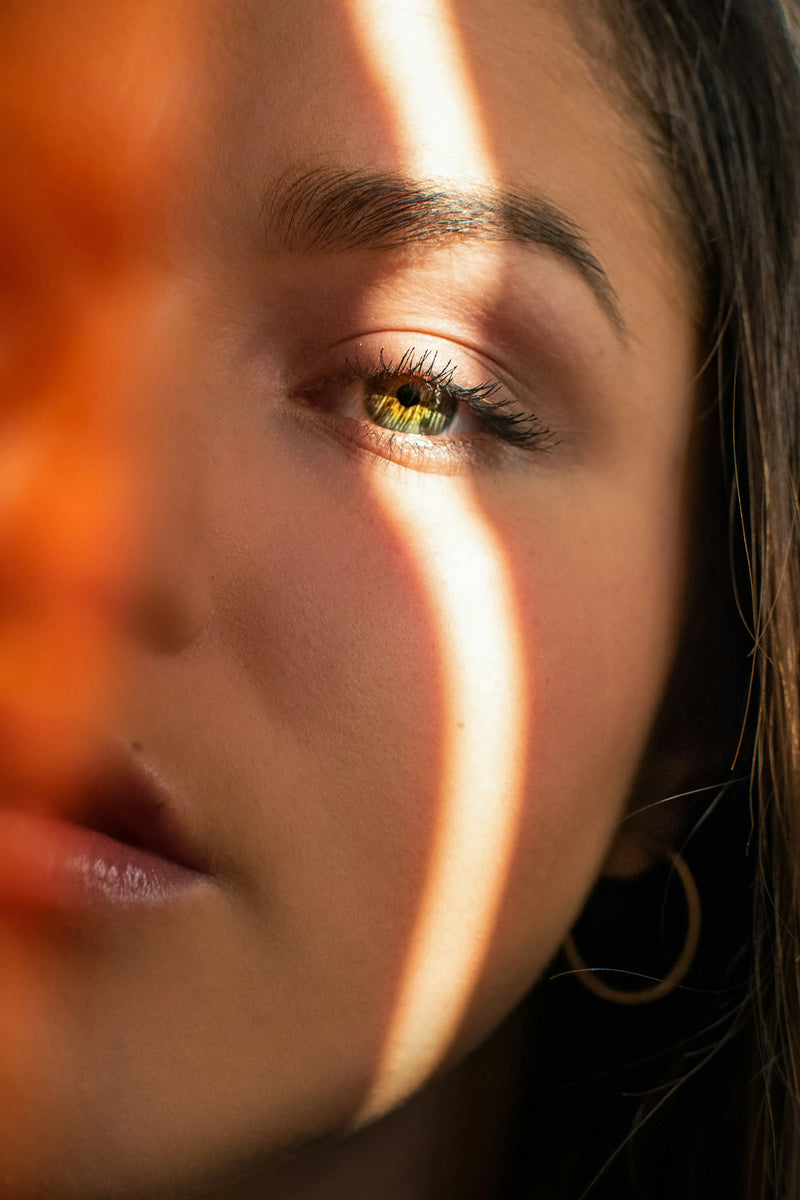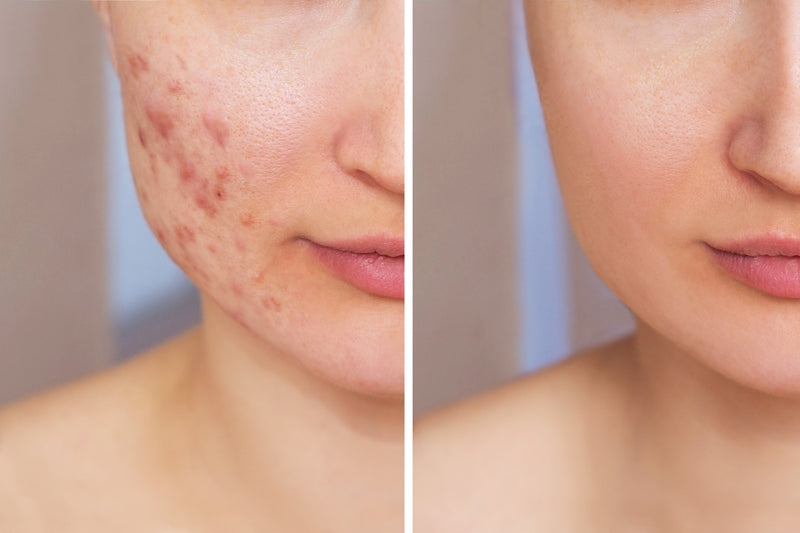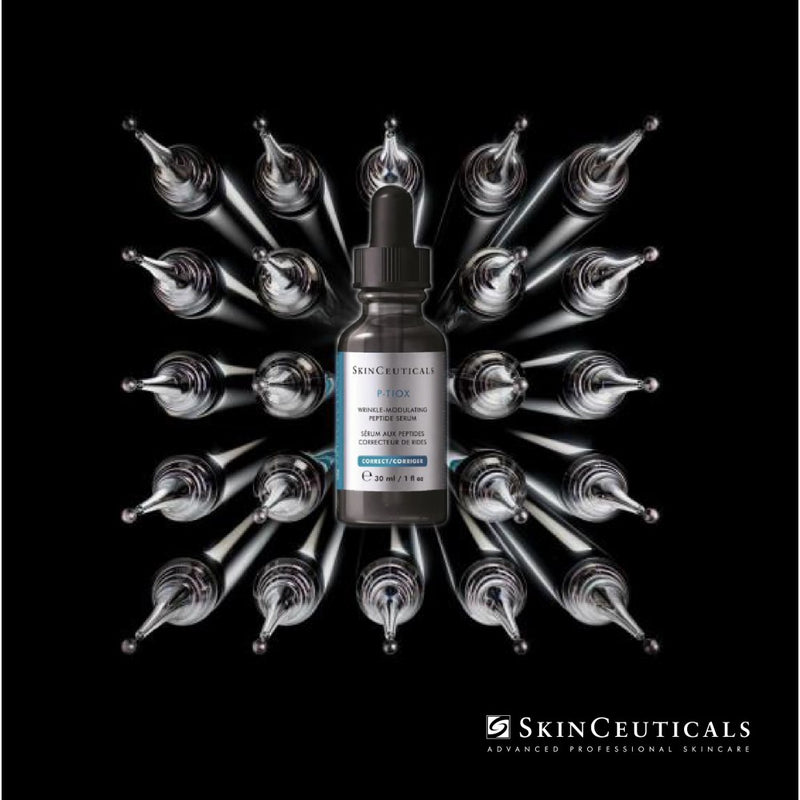It is imprtant to plan for treatments such as IPL , microneedling, Nano Fractional RadioFrequency etc to ensure optimum outcomes and avoid any unnecessary complications. Some medications are contraindicated with some of these treatments. Here are a list of medicines that may be a contraindication. This list is not exhaustive- please ensure that you advise our staff if you are on medication or are undergoing treatment.
The following types of medications are commonly used to treat a broad spectrum of symptoms, disorders, and illnesses. While they are incredibly useful in combatting specific issues, they can also pose a problem when combined with a facial procedure. In particular Light based treatments such as laser and IPL . Read through this list of contraindications and consult with your doctor before taking any steps in scheduling one of these treatments.
1. Acne Medications
Some of the most common contraindications out there are acne medications. Doctors provide these prescriptions to people battling severe acne on their face and other areas of the skin. While they are incredibly useful on their own, acne medications can pose significant risks to patients undergoing facial treatments. If you are taking the following acne remedies, avoid seeking skin procedures until your acne subsides:
-
Accutane
-
Differin
-
Any oral retinoid.
Facial treatments like Jet peel or chemical peels can help reduce the appearance of acne scars in the future. However, while you are still undergoing treatment for active acne outbreaks, stay away from such skincare treatments since their interaction has proven to be potentially a cause for reactions.
2. Antibiotics
Antibiotics are another common type of medication that interacts poorly with skincare products and professional treatments. If you are on any of the following antibiotics, it is best to let the treatment run its course before scheduling a skincare appointment: Seek medical advice if you are thinking of having a IPL, Microneedling, heat treatment etc as Antibiotics and other medications can cause a photo sensitivity etc.
-
Tetracyclines – antibiotics
-
Sulfonamides – a class of synthetic antimicrobial drugs that are pharmacologically used as broad spectrum for the treatment of bacterial infections
-
Quinolones are a group of antibiotics used to treat bacterial infections. Examples include ciprofloxacin (Cipro), levofloxacin (Levaquin), moxifloxacin, and ofloxacin
-
Fluoroquinolones - one of a group of antibiotics called penicillin. It works by killing harmful bacteria.
3. Antihistamines
When a severe allergic reaction occurs, your doctor will most likely suggest prescription or OTC antihistamines. If this is the case, consider rescheduling any appointments for facial treatments until after allergy season or you finish the course of treatment. Some typical OTC antihistamines to avoid before undergoing some facial treatments are:
-
Claritin
-
Zyrtec
-
Benadryl
-
Etc
4. Anti-inflammatory Drugs
If you’re on a regime of anti-inflammatory drugs, it’s best to reschedule your facial appointment. Even over the counter medications like Aleve, Ibuprofen, and Tylenol can have adverse effects when combined with IPL , and other topicals during facial treatments like photo facials or laser resurfacing.
5. Anti-fungal
Anti-fungal medication are most often used to treat fungal infections on your skin, hair, and nails. Combining antifungals with facial procedures can cause painful photosensitive eruptions on the skin. Some common anti-fungal drugs to be careful of when considering booking a facial treatment are:
Common names for antifungal medicines include:
-
clotrimazole (Canesten)
-
miconazole (Daktarin)
-
terbinafine (Lamisil, Naildem or Terbasil)
-
fluconazole (Diflucan or Flucol)
-
ketoconazole (Nizoral)
-
itraconazole (Sporanox)
-
amphotericin
6. Painkillers
After serious surgeries or other accidents, doctors often prescribe painkillers. Pain killers are photosensitive medications. Although these opioids are incredibly helpful, when necessary, they include enormous risks and side effects, especially when combined with treatments involving lasers or IPL . If you’re on any of the following, talk with your doctor before proceeding with treatment:
The main types of NSAIDs used in Ireland include:
-
ibuprofen (Nurofen)
-
naproxen (Naprosyn)
-
diclofenac (Diclac, Difene, Voltarol)
-
Etofenamate (Etoflam)
-
Celecoxib (Celebrex)
-
Mefenamic acid (Mefac or Ponstan)
-
Etoricoxib (Arcoxia)
-
Aspirin for pain relief (Disprin)
NSAIDs may be sold or prescribed under these names or the brand name. Brand names also include Advil, Brufen, Brupro, Buplex, Easofen, Ibugel, Fenopine, Melfen and Phorpain.
7. Antidepressants Medications.
As depression, anxiety, and other mental health disorders become increasingly prevalent today, many people take psychiatric medications or antidepressants. These medications are useful in treating several psychiatric disorders, but they also impact skincare treatments’ effectiveness on patients.
Before undergoing any procedure, ask your doctor if the medications you are on will impact its effectiveness or cause any adverse reaction. Some examples of psychiatric drugs that can impact the effectiveness of facial treatments include:
-
Benzodiazepines: Xanax, Valium, Ativan, Klonopin
-
Selective serotonin reuptake inhibitors (SSRIs): Prozac, Wellbutrin, Zoloft
-
Phenothiazines
-
Tricyclic antidepressants
Some medicines can result in light and sunlight photo sensitivity .
8. Other Possible Contraindications
Many drugs can interact with facial treatments to cause further issues for your face, skin, and body. Other medications worth mentioning that could pose a concern to certain clients include:
-
Blood pressure medications
-
Cardiac health medications
-
Cancer treatments or chemotherapy
-
Hypoglycaemics or diabetes medications
-
Diuretics
-
Epidermal receptor inhibitors
-
Major tranquilisers
-
Malaria medication
-
Anti-convulsants/neuroleptics
-
Anti-arthriticsSteroids
If you’re on any of the medications mentioned above, consult your doctor to determine whether skincare treatments are appropriate for you.
Conclusion
If you are on a regime of any of the medication mentioned above to treat various conditions seek medical advice to avoid any issues . Unless you’re given the all-clear by a qualified medical Doctor and discuss the risks with your aesthetician, there is always a chance of adverse reaction if you are taking any of the medications listed.
When facial treatments are implemented correctly and effectively, you can see immense improvements on the surface of your skin immediately.



